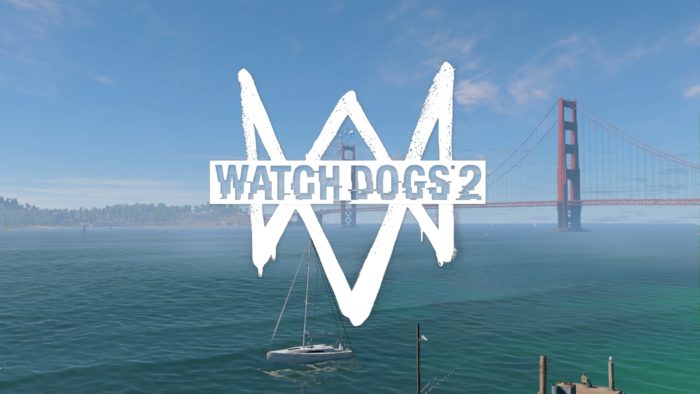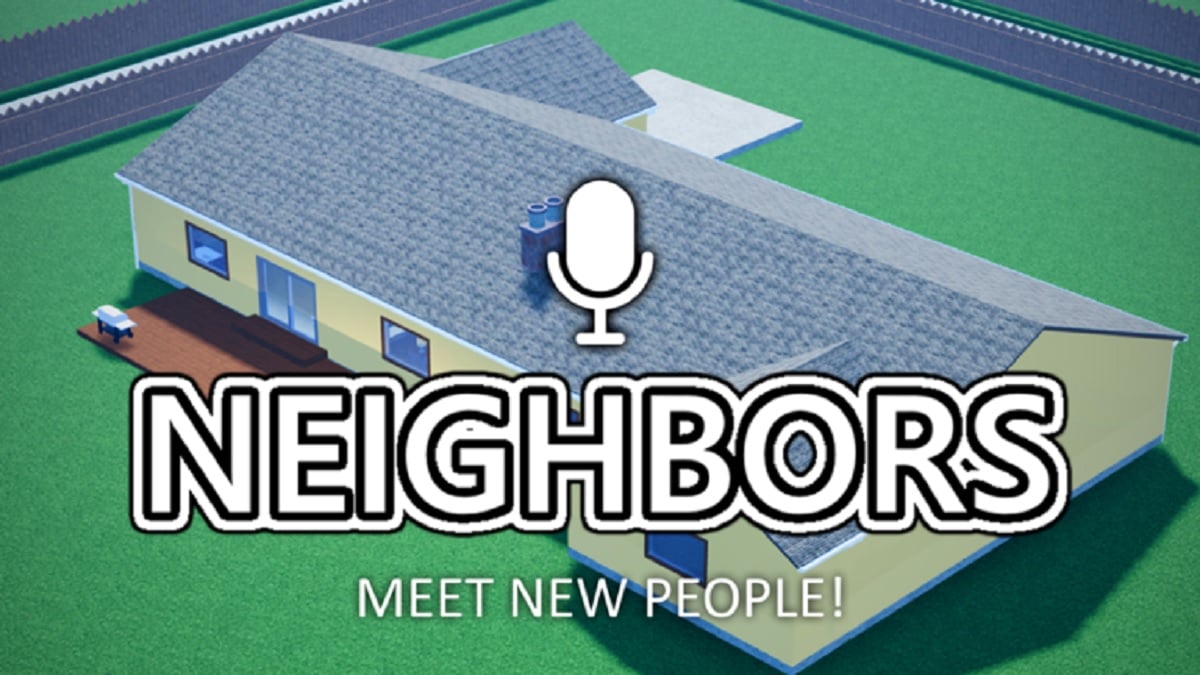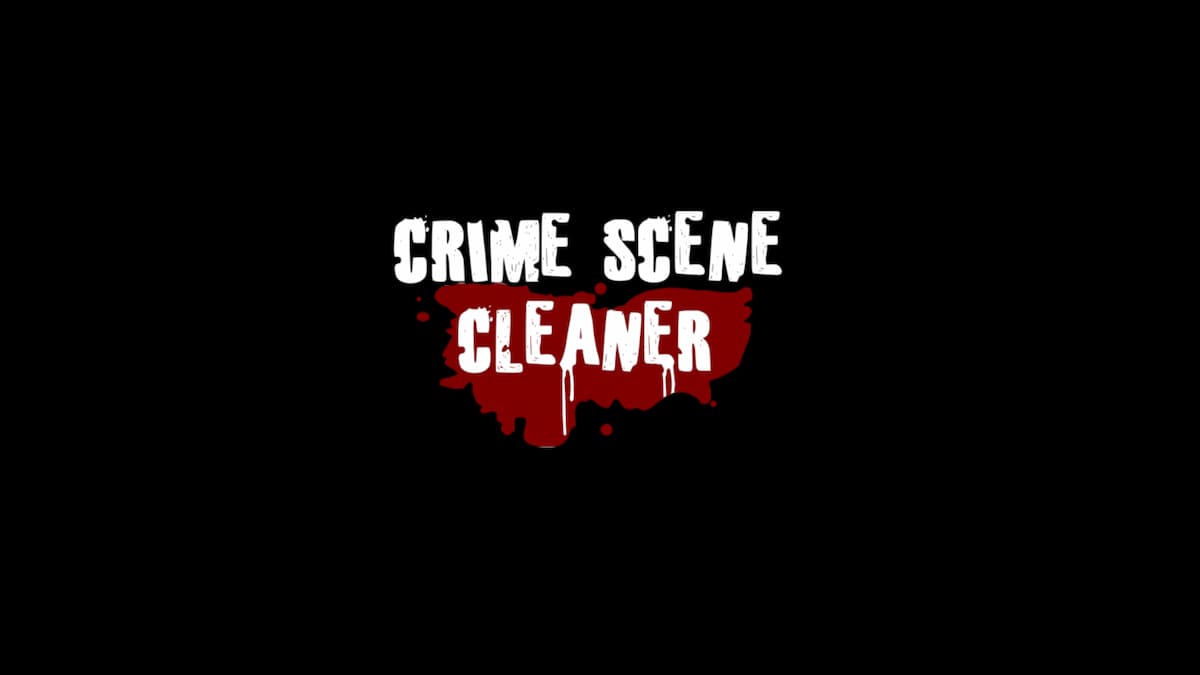Watch Dogs 2 on PS4
Saying that Watch Dogs 2 has a lot of pressure on it is putting it lightly. After the announcement that Assassin’s Creed would no longer be courting annual releases, everyone turned their eyes to Ubisoft’s newest franchise. But this wasn’t a game that could simply step up and fill such a huge void in the year, especially after the first entry in this budding series was received less than favorably by the community. The original Watch Dogs’ bland, almost monochromatic protagonist and its half dead open world didn’t lend themselves well to the ambition put forth by Ubisoft Montreal.
Thankfully, there was no shortage of criticisms levied against the new IP, so the developers had a lot of points to work off of going in. I must admit that I was curious to see how Ubisoft Montreal handled this sequel, one that was greenlit before the original had even been properly released. The amount of critiques received almost made it seem as if the team would have to create an entirely different game in order to make it work. Yet instead of going back to the drawing board, the developers doubled down on their vision and added in a bit of light to make what is easily one of the best games I’ve played so far this year.
Watch Dogs 2 ditches the windy city along with its cold protagonist for the beautiful San Francisco Bay. Beaches are just a short drive away, there’s always a party somewhere, and the city is full of life no matter what time of day you find yourself prowling the streets. In place of Aiden Pearce, we have Marcus Holloway who couldn’t possibly be more different from his predecessor, and this goes much further than just his race, which is the first major difference most people will notice. Marcus isn’t the gruff man, hellbent on vengeance for something that was his fault anyway. He’s a young, black individual whose eyes are opened up to injustices that go beyond what he considered to be possible.
The game opens with Marcus’ initiation into the hacker group DedSec. Young individuals who move in secret yet leave loud statements of their exploits around for everyone to see. After a quick introduction to Marcus “Retr0” Holloway and a tutorial about hacking, it’s time to meet the gang. All of the characters from the trailers were there, including Wrench, the masked one who seemed like he would be pretty annoying once the game was underway. Turns out that he and the rest of the main characters you’ll find yourself dealing with are actually one of the best parts of Watch Dogs 2.
The characters in Watch Dogs 2 are as diverse as the city of San Francisco in which the game takes place, and none of them are perfect (which happens to be the most beautiful thing). These characters, outside of their surprising means to purchase all the tech they want feel real. They are self-conscious and shy. Some are dealing with mental illness while others are just outsiders who could never figure out how to fit in. Every gender, ethnicity, sexual orientation, you name it and it’s present and accounted for, and never just for show. Even better is that these people and their stories aren’t some window dressing, which was definitely an issue in the first game. They exist in this world and because of that you find yourself wanting to save it even more. And it’s that notion, the thought of being a hero in a world where everyone is so focused on themselves, that really lifts Watch Dogs 2 way above its predecessor.
Watch Dogs introduced us to Blume and the CtOS. Through a haphazard revenge tale that put us behind someone who was virtually impossible to like, we got to see what “the man” was doing to us all. Using our data, selling us like produce, and getting rich off of everyone else’s privacy. Naturally, it was a perfect catalyst for corruption among high ranking officials, and only Aiden, someone so removed from the struggles of everyman, could stop it. It was a tough sell, one that made the grand journey a bit hard to swallow. Marcus finds out about what’s really going on sort of by chance. He knew CtOS was no good and that it was infringing on privacy. But when he saw that he was being profiled and considered capable of things he’d never done before simply because of how he looked and where he lived, he knew he had to do something. And as the game progresses, you meet more people just like yourself – marginalized, categorized souls with no true representative in the corrupt system trying to turn them into a barcode.
Yet saving them, and yourself, isn’t something you can just get up and do. That’s not how the world works, and while Marcus’ altruism is certainly commendable, misguided hope and aspirations can lead to a world of trouble. Luckily, you have Watch Dogs 2’s hacking mechanics to help you navigate the issues that arise. They work the same way as they did in the first game, marking hacks in your vicinity as you approach them, making all of your options instantly visible at a moment’s notice. However, thanks to the advancements made to CtOS by Blume, more devices are connected including construction equipment and vehicles. Before, when you could only hack gates and certain parts of the traffic system, you could now take quick control of every vehicle on the road turning them into obstacles, distractions, and, my favorite, motorized weapons. And that’s the crux of Watch Dogs 2’s gameplay, everything, particularly the hacks, has more than one use. There’s the obvious one (such as moving a car remotely to get it out of your way), but then, if you let your imagination run with it, there’s a ton more. For instance, instead of just moving that car, why not throw a mine onto it, hack it into being a proximity explosive, and then deliver it directly to a group of enemies? Mixing multiple hacks for one big payoff is what the game is all about and the idea helps to support the different playstyles on offer.
The developers are pushing three different playstyles as optional approaches that you can fit into as much as you’d like. Trickster relies on hacks to set up traps and confuse enemies, Aggressor is all about bringing the fight to their front door, and Ghost is for players who like to go unnoticed. You’re not locked into anyone at anytime, and you’re never punished for playing how you see fit. You’re limited only by what you want to do and how well you can think of ways to do whatever that is. One moment I found myself hacking into a government organization’s database without anyone ever being the wiser, and the next I was in a gang fight in the middle of Oakland. It wasn’t because the game said it had to be that way, I chose it both directions on a whim. While certain confrontations are forced, the way you handle them never is.
Where this sort of emergent gameplay approach really shined was when I got to experience multiplayer. I’ll be honest, I was most skeptical of playing with others than anything else the game threw at me. The first game was interesting, and the developers started to figure it out around the time Bad Blood rolled around, but it never actually gelled with the rest of the experience. This time, San Francisco along with Oakland and the Silicon Valley are your playgrounds.
In the last days of my time with the game, the seamless component of the multiplayer – which allows strangers to enter your game world – was disabled to be patched in time for launch. Prior to this, however, I had already spent days experiencing how it builds upon and improves the base game with no issues. I found myself running into a friendly player completely randomly as we both tried to figure out a puzzle. Eventually we decided to team up and take on the world, approaching Side Operations and other activities. We had spent different amounts of time playing up to that point and our skills showed it. I was fresh out of the first couple of missions. Had barely any skills and only one weapon. My partner had an assault rifle and the ability to hack helicopters. With that, we coordinated and came up with plans to tackle each objective, keeping each other alive as Hunters (enemy players who are summoned if you cause to much havoc) joined in and succumbed to our hacking prowess.
Tying it all together was the world and the mission structure. As you could probably tell from trailers and images, San Francisco and the surrounding areas are much more open than Chicago could have been. This lends itself well to the new style of traversal where cars and running aren’t all you can rely on. Parkour is very much a part of Marcus, but don’t worry, it doesn’t ever get as silly as you scaling buildings like a madman with no fear for life and limb. That openness is magnified by the nature of how missions are given to the player. Everything falls under Operations, which are basically story arcs that incorporate several objectives and activities around the city. You have that moment to breathe between every major component so you can either continue or go about doing your own thing, and that’s where a lot of the game’s fun lies, but it can also lead to Watch Dogs 2’s one standout issue: pacing.
Open world games with a narrative are always difficult to rein in because the ebb and flow of the story isn’t solely controlled by the director(s) and the development team. While being given a respite between every major action was welcome, the option sometimes seemed detrimental to what I was experiencing. But then again, that’s telling of how good the story can be at times. I was let loose often, but many times I found myself just wanting to dive back in to see what happened next. I enjoyed my time causing mayhem and hacking the world, but the characters and the thickening plot called out to me in their moment of need and who was I to ignore them?
When all was said and done, I was left pleasantly content with what Ubisoft Montreal had accomplished in the two years since the first entry’s release. They managed to retain that core ambition that they had the first time around, but adjusted quite well to the criticisms levied against their project. What resulted is a game that is the same at heart, but is alive with variety and a hero we could actually stand behind without question. Watch Dogs 2 is what a sequel should be in every sense. A bigger, better, bolder take on what the first entry only treads.
Score: 4.5/5 – Great
Pros
| Cons
|
















Updated: Nov 14, 2016 01:49 pm